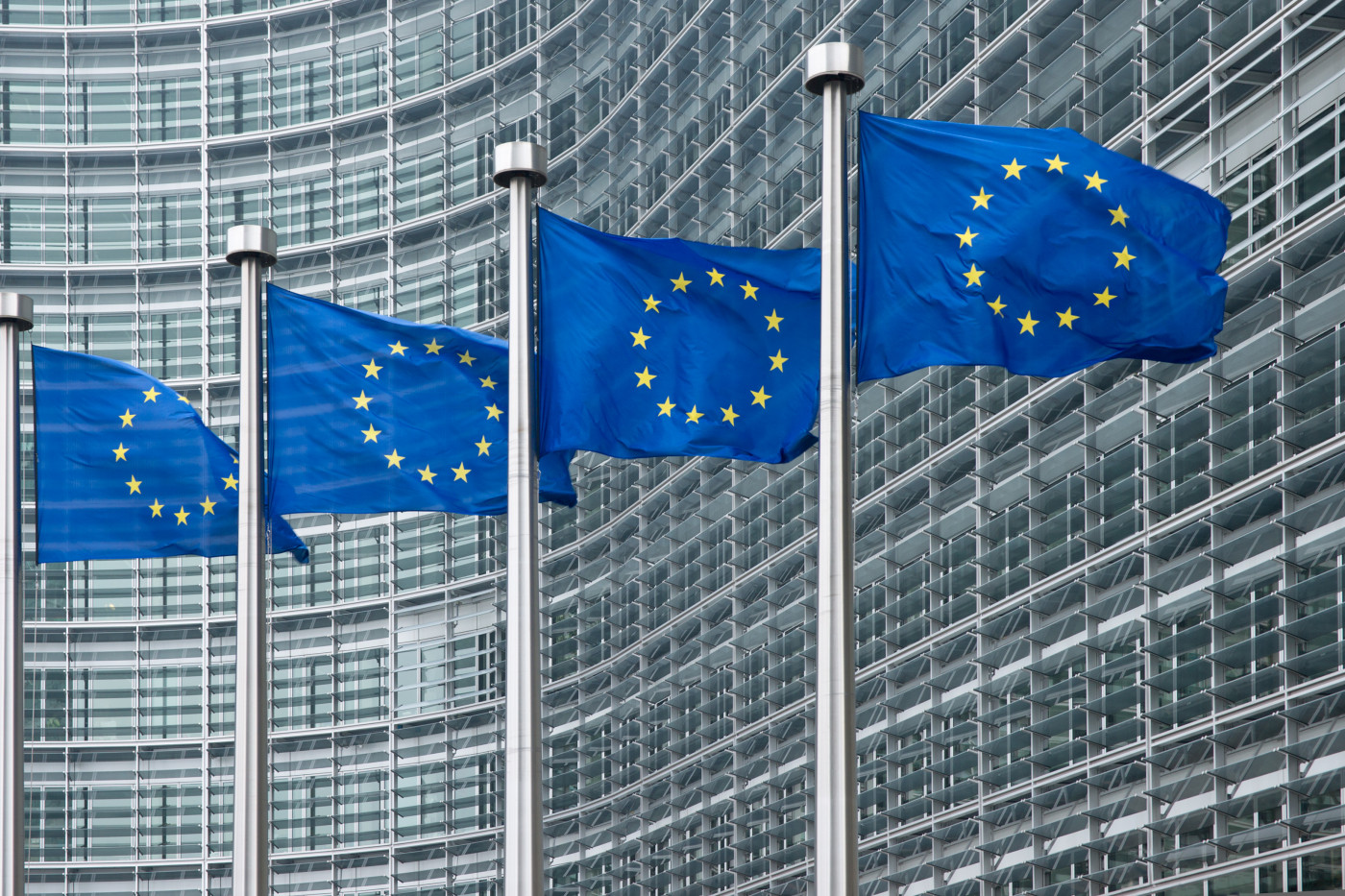BioMarin Resubmits Roctavian Gene Therapy for EU Approval

Ugis Riba/Shutterstock
BioMarin Pharmaceutical has resubmitted a regulatory application seeking approval in Europe for its experimental gene therapy Roctavian (valoctocogene roxaparvovec) for severe hemophilia A.
That resubmission, to the European Medicines Agency (EMA), included one-year follow-up data from BioMarin on the therapy’s safety and effectiveness in treating the rare genetic disorder.
The application will be reviewed by the Committee for Medicinal Products for Human Use (CHMP) and the Committee for Advanced Therapies (CAT), two arms of the EMA, under accelerated assessment.
This means that the review process may be shortened to 150 days (about five months), from the standard 210 days (about seven months). The CHMP’s opinion is generally followed by the European Commission (EC), the regulatory agency that makes final decisions on whether medications should be approved in the EU.
A decision from the EC is anticipated in the first half of 2022.
“This is an important step to deliver the potential first gene therapy for people with hemophilia A,” Hank Fuchs, MD, BioMarin’s president of worldwide research and development, said in a press release.
A one-time therapy, Roctavian “represents a scientific innovation that may become an important treatment choice for those people who have unmet medical needs,” Fuchs added.
Brian O’Mahony, CEO of the Irish Haemophilia Society, said that this resubmission “is important for the bleeding disorders community given the need for continued scientific and medical innovation to provide a treatment option to address unmet needs for many people with hemophilia A.”
“We believe that therapeutic choices are critical for our community to provide access to alternative treatment approaches with the potential to address individual patient needs,” O’Mahony said.
Last year, Roctavian’s regulatory applications — comprising six-month, interim results from the Phase 3 GENEr8-1 trial (NCT03370913) — got rejected both in the EU and in the U.S., with health authorities requesting one-year follow-up data in Europe, and two years’ worth in the U.S.
The trial, “the largest Phase 3 study in any gene therapy for hemophilia A,” Fuchs said, is assessing the five-year safety and effectiveness of a single dose of Roctavian in 134 men with severe hemophilia A.
BioMarin plans to resubmit a similar application to the U.S. Food and Drug Administration between April and June 2022, assuming the trial continues to provide favorable results up to two years post-treatment. A decision would be expected in the U.S. after a six-month review.
The gene therapy received orphan drug and priority medicine designations in Europe, and orphan drug, breakthrough therapy, and regenerative medicine advanced therapy designations in the U.S. for the treatment of severe hemophilia A. All are meant to accelerate its development and review.
Roctavian uses a harmless and modified adeno-associated virus to deliver to liver cells a working copy of the F8 gene, which provides instructions to make the blood clotting protein factor VIII, known as FVIII, that is missing in people with hemophilia A. The liver is the main producer of clotting factors in the body.
Given as a single injection directly into the bloodstream (intravenously), Roctavian is expected to restore FVIII production, thus lowering the risk of spontaneous bleeds and reducing or eliminating the need for preventive FVIII replacement therapy.
BioMarin’s resubmission includes one-year data from GENEr8-1 and up to four years of results from a Phase 1/2 study called Study 270–201 (NCT02576795). That trial is testing the gene therapy in 15 men in the U.K.
GENEr8-1’s top-line one-year results — which met both its main and secondary goals — were announced in January. They showed that Roctavian was generally safe and significantly increased FVIII levels, while reducing bleeding rates and the need for replacement therapy.
The latest data from Study 270–201, announced in May, demonstrated that a single dose of the gene therapy continued to safely and effectively prevent bleeds and the need for replacement therapy after four to five years.
Notably, previous data from both trials suggested a reduction in Roctavian’s ability to sustain FVIII production over time at levels necessary to control bleeds. Those findings likely supported the regulatory agencies’ requests for additional Phase 3 data.
Another Phase 3 trial, called GENEr8-3 (NCT04323098), is now recruiting up to 20 adults with severe hemophilia A to assess the effects of Roctavian in combination with immunosuppressive corticosteroids that may help prevent immune reactions against the therapy’s carrier virus. More information on study contacts and locations can be found here.
Two other Phase 1/2 trials also are testing the therapy in patients with pre-existing antibodies against its viral carrier (NCT03520712) and among those with active or prior inhibitors (neutralizing antibodies) against the delivered FVIII (NCT04684940).






